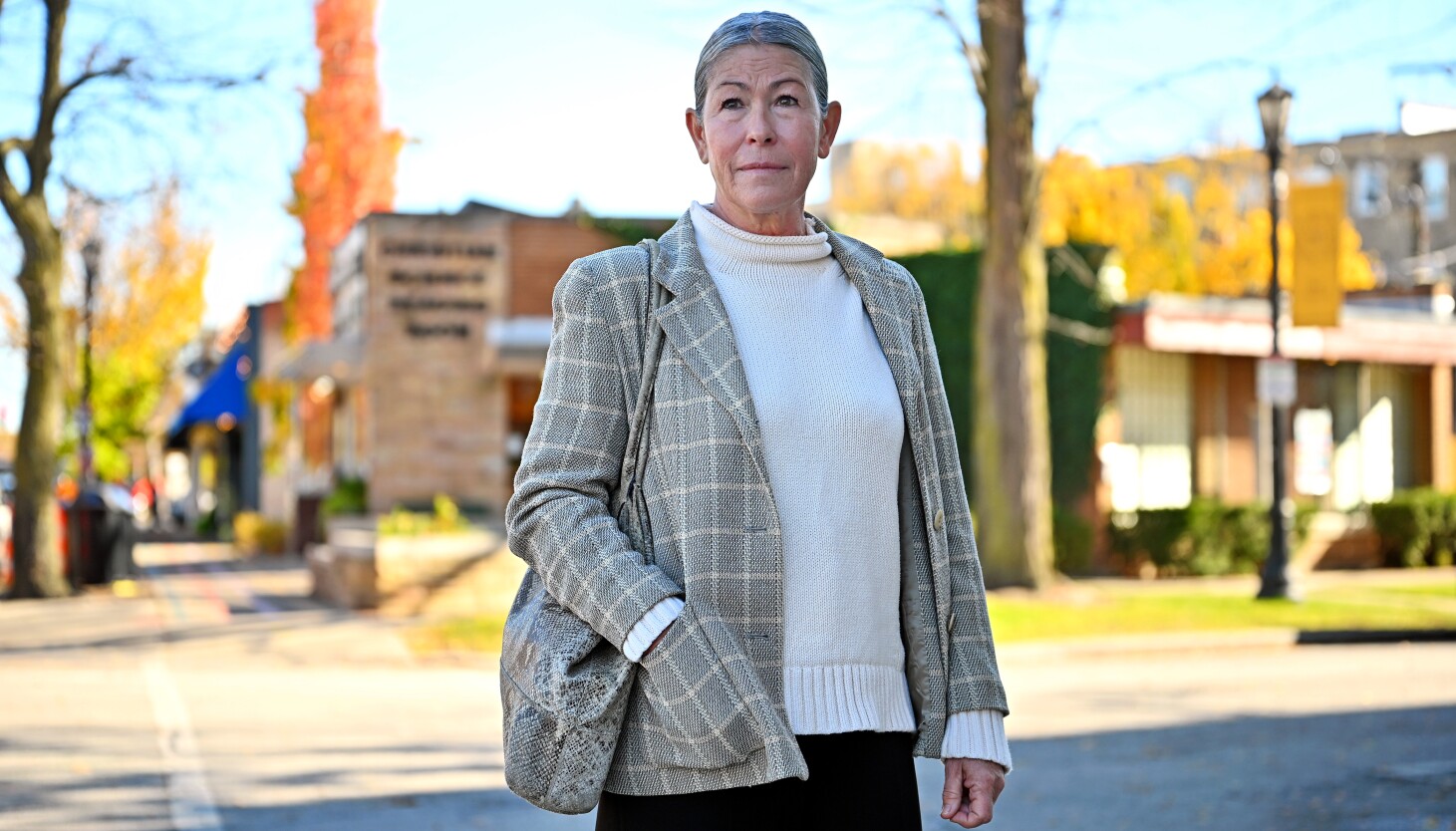Copyright Chicago Sun-Times

Nearly half a million Illinois residents who buy health insurance through the Affordable Care Act are at the center of the longest government shutdown in U.S. history. Most rely on enhanced tax credits to make their Obamacare insurance premiums more affordable. If the credits expire at the end of the year, as planned, experts predict insurance costs will skyrocket, forcing some to become uninsured. Democrats had pushed to make the government reopening contingent on extending those credits. But the deal before Congress this week only commits Republicans to holding a vote to extend them by mid-December. On average, Illinois residents are expected to pay 78% more for insurance without the enhanced credits, according to Get Covered Illinois, the state’s new Obamacare marketplace. A form of tax credit will still exist but it will be smaller. “There are very few people who have the economic means to be able to easily absorb increases of that size and scale,” said Kara Murphy, president of the DuPage Health Coalition. “And for very low-income families who depend on these subsidies to be able to bring health insurance within reach, it can have a really devastating consequence.” Here’s how two Illinois families are grappling with big increases expected in their health insurance costs. ‘Keeping me alive’ Lisa Brennan Winefield has less than two months to get in as many health screenings as she can before she likely becomes uninsured once again. She recently spent two hours on the phone trying to get an appointment for lab work before getting in her car and driving to her doctor’s office to talk to someone in person. She also needs to get a mammogram and a skin cancer screening, though she was told an in-network appointment wasn’t available for 18 months. But what’s most pressing for Brennan Winefield, who lost her dad to colon cancer at just 42 years old, is scheduling a colonoscopy before her health insurance likely ends in December. “I had my kids when I was in my 40s, so even though I’m 60 … I still have teenage kids,” she says while sitting on a picnic table in Independence Park in Evanston, not far from her home. Without a screening, “I would die of colon cancer,” Brennan Winefield says, her voice rising with conviction. “The Affordable Care Act is, literally, keeping me alive.” Brennan Winefield, of Evanston, pays $343 a month for a BlueCross BlueShield plan through the ACA Marketplace. She hasn’t even looked into how much a plan will cost for next year because she knows she can’t afford it. But she suspects it would likely be about $1,200, based on the cost of her current plan last year without the enhanced tax credits. “I’m short every month, I’ll just put it that way,” she says of her current expenses. “I scramble every month. I’m always juggling, like, figuring out which bill to pay.” The single mother of two teen boys co-owns an online CBD business with her sister. Her eldest son’s insurance is covered by his dad, and her younger son is insured through a Cook County public health program. She spends her days checking in on her elderly mother and making home deliveries for the store. She works hard to advocate for herself while also handling her mothers’ health issues, filling a notebook with what doctors and insurance companies tell her over the phone. She and her sister managed to get health insurance through the business for one year, but the expense was too much to sustain long term. Brennan Winefield has spent most of her career either running a small business or working for one, which often meant living without the safety net of health insurance. But even with insurance, she racked up a $10,000 hospital bill that she’s not quite sure how she will pay off. “I was in so much pain that I finally checked myself into Evanston Hospital, knowing that it was out of network and I would have to pay for it out of pocket,” she says of her experience with shingles. She begins to cry thinking back on the experience. These days, as she prepares for the possibility of becoming uninsured, Brennan Winefield is focusing on staying healthy. She exercises daily, tries to eat well to avoid getting sick and meditates to reduce stress. But that’s hard to avoid. And she’s angry too. As Democrats and Republicans have debated the health care subsidies amid the government shutdown, Brennan Winefield has felt like collateral damage. She said was glad to see someone — the Democrats in Washington — finally standing up for her. “I’ve always kind of thought of myself as a strong person, like, emotionally,” she says. “I think being a small business owner you have to be really self-sustaining, but it makes me feel, kind of weak and vulnerable — and I don’t like feeling like that.” ‘We can live only maximum 10 more years’ Seyed, a retired math teacher, is busy these days trying to calculate how he can stretch the fixed income he and his wife live on as they prepare for their health insurance to likely double. Already, the couple tries not to eat out, and they’ve kept the same car for years. They’ve thought about selling jewelry, furniture and even their Chicago-area home. And on cold days, Seyed only turns on the heat for a short period to lower their bills. “What should we do?” Seyed says during an interview with his wife Shahia in their home. The couple asked that their last name and where they live be withheld because of privacy concerns. “I said to her, ‘I mean, we have to be realistic: We can live only maximum 10 more years.’” For the couple, health insurance is crucial as Shahia navigates serious health concerns. About eight years ago, Shahia underwent a kidney transplant. And then this year, she was diagnosed with lung cancer and recently underwent surgery for retinal detachment. In a clear plastic box, Shahia, a retired nurse, sorts through the nearly two dozen medications she takes daily. “She’s very organized,” Seyed says as Shahia looks through the containers of medication. “Morning, noon and at night. These are the tablets that she has to take.” The medications range from expensive pills to treat her cancer to an antibiotic and Vitamin D. They currently pay $1,000 each month for a BlueCross BlueShield plan, and they also receive a subsidy of about $300 from the DuPage Health Coalition. They have not yet selected a plan for next year, but they were told their existing plan will likely cost more than $2,000. Seyed and Shahia are in their 70s. They are living out their retirement in the Chicago area after relocating from Australia to be closer to family. Their family had applied for family reunification in the 1990s, but the couple didn’t receive green cards until 2008. By then, they were in their 60s and nearing retirement. Since they only worked in Australia they had to rely on the Affordable Care Act for insurance instead of Medicare, the program most seniors in the U.S. use to access health care if you’ve paid into it. And their pension has to be converted from Australian dollars to U.S. currency. That means Seyed is often closely watching the markets to see when the Australian dollar is worth more. When the ACA was at risk of being eliminated in the past, the couple considered moving back to Australia, unsure of how they could live without access to health care. At the same time, Shahia and Seyed think the United States has the best medical technology and research. Now, they are working with an ACA marketplace navigator to see if all the doctors Shahia regularly sees will be in-network. “Hopefully a miracle will happen,” Shahia says as she stands near a pink lady apple tree she planted in her backyard in memory of her kidney donor. Shahia says both the kidney donor and the ACA helped save her life. “I consider myself still lucky to be alive because of that precious gift that I have been given.”



